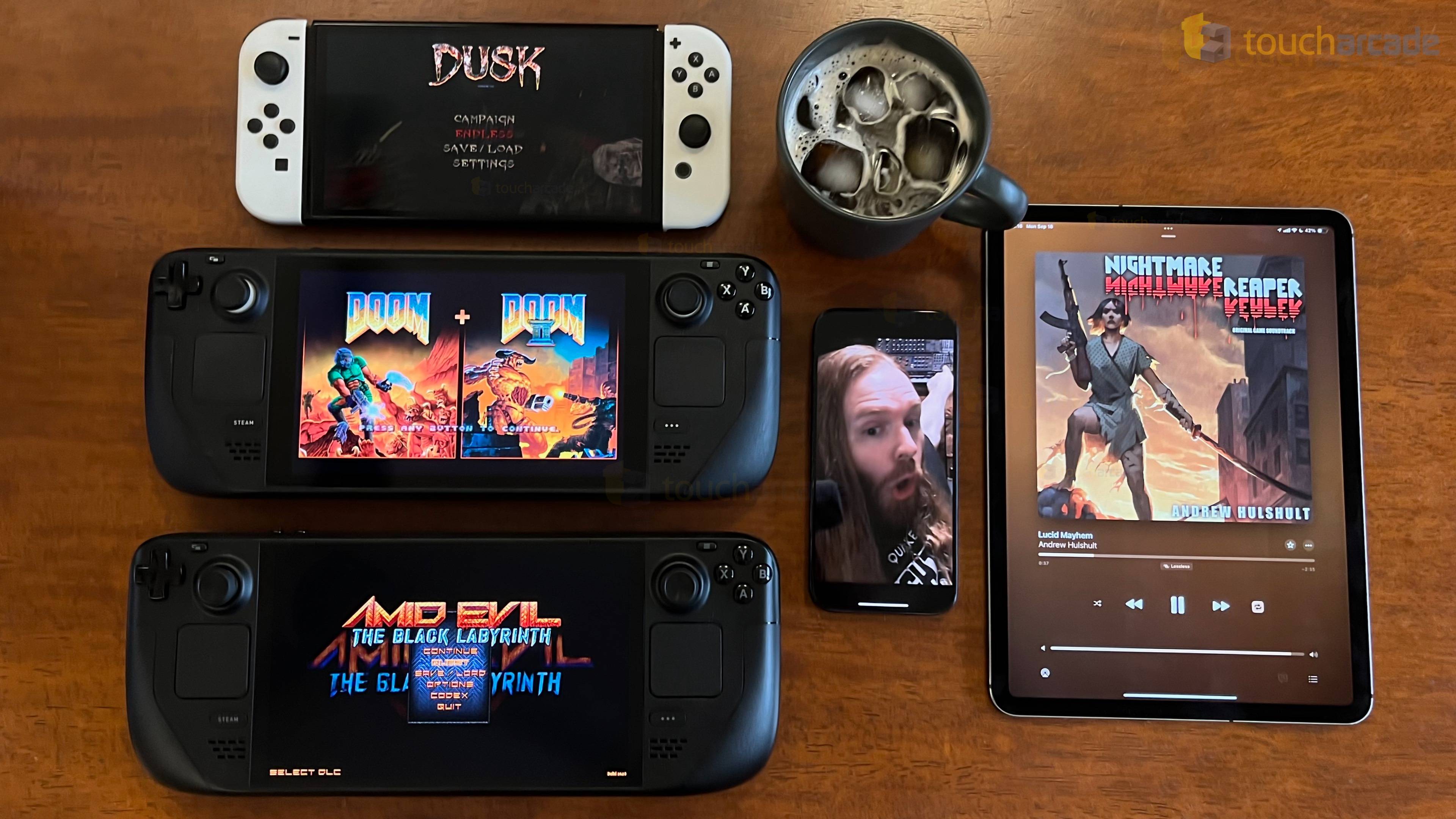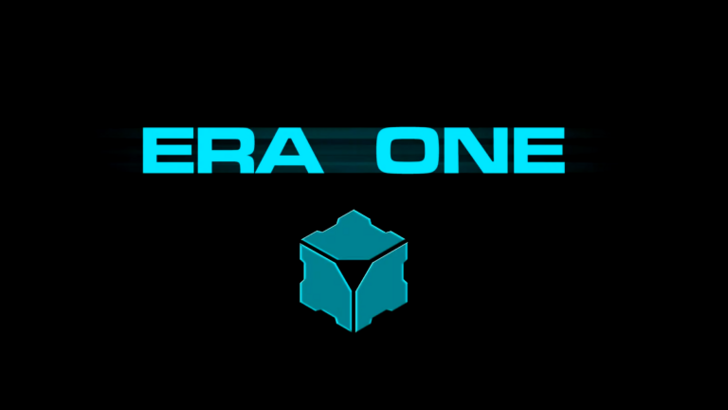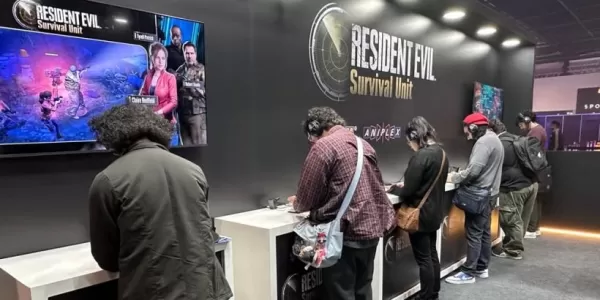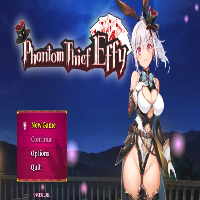This extensive interview with Andrew Hulshult, a prominent video game composer, delves into his career, creative process, and musical influences. From his early work on projects like Rise of the Triad and Duke Nukem 3D Reloaded, to his more recent contributions to DOOM Eternal, Amid Evil, and Nightmare Reaper, Hulshult discusses the challenges and rewards of composing for video games.

The conversation touches upon several key themes:
-
Evolution as a Musician: Hulshult reflects on his journey, highlighting the lessons learned from early career experiences and the evolving demands of the industry. He emphasizes the importance of balancing artistic expression with financial stability.
-
Misconceptions about Video Game Music: He addresses the common misconception that video game music is easy, emphasizing the complexity of understanding and responding to a game's design and atmosphere.
-
Specific Game Soundtracks: The interview delves into the creation of soundtracks for various games, including ROTT 2013, Bombshell, DUSK, Amid Evil, Nightmare Reaper, and Prodeus. He discusses his approach to balancing original style with respect for existing source material, and the challenges of composing during personal crises.
-
Gear and Setup: Hulshult provides details on his current guitar setup, pedals, amps, and recording process, revealing a preference for Neural DSP plugins and a mix of Seymour Duncan and EMG pickups.
-
Working on Iron Lung: He offers insights into his experience composing for the Iron Lung film soundtrack, including his collaboration with Markiplier and the impact of a larger budget on the creative process.
-
Chiptune Work: Hulshult discusses his work on the Dusk 82 chiptune album and expresses interest in potentially creating chiptune versions of other soundtracks in the future.
-
The DOOM Eternal DLC: He shares his experience working on the DOOM Eternal DLC, including the creation of the highly popular "Blood Swamps" track, and discusses the collaboration with id Software.
-
Musical Influences and Preferences: The interview concludes with a discussion of Hulshult's favorite bands (Gojira, Metallica), his appreciation for Jesper Kyd's work, and his thoughts on hypothetical future projects.
Throughout the interview, Hulshult offers candid reflections on his career, creative process, and personal life, providing a fascinating glimpse into the world of video game music composition. The inclusion of YouTube embeds showcasing his work further enriches the reader's understanding of his diverse musical style.


 LATEST ARTICLES
LATEST ARTICLES 











